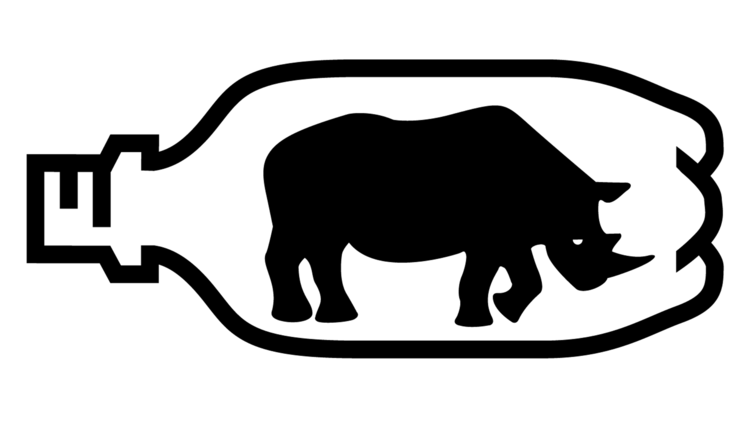
I recently shared some important documents with my distant cousins who happen to be among the few relatives I know who actually have an interest in our family history. The files were scans of our ancestors' burial records, which I found during last research trip to England. Since these cousins have provided me with phenomenal ancestral artifacts, I had no qualms about sharing my findings with them. It also inspired me to scan more of my precious discoveries, instead of letting them remain dormant in a folder and allowing my poor predecessors to be forgotten by their own flesh and blood.
Only after sending out the emails, did I realize my foolishness. I committed what is considered to be a sin in the world of intellectual property: giving away my work for free. It's a common mistake for us genealogy folk, and I don't really think any of us consider the results of our actions.
While genealogical records are essentially free or inexpensive for anyone access, I had made a considerable effort to unearth them, an effort that required both time and money. While anyone can walk into the Berkshire Record Office in Reading, getting there takes a bit of investment. I gave up a valuable week of vacation time to cross the ocean, and beg my British friends to drive me around the English countryside. Every purchase I made was in pounds sterling, which at the time was double the cost of an American dollar. It was like being on one trip for the price of two!
With this in mind, my thoughts turn to putting some proprietary control on my findings. Not on the records themselves, but on my research. My concern isn't with sharing an important find with a fellow researcher, it's what that fellow researcher does with the document. Digital files are like rabbits - in the right situation, they can multiple rapidly and prolifically. My generous exchange with a distant cousin suddenly allows future generations to freely benefit from my thousand-dollar research trip.
The best solution seems to be putting a watermark on any digital files that I share, and to make the files as low resolution as possible. If someone wants a high-resolution file without the watermark, then they will have to pay me for it. If they don't want to pay, then they can go get the document from the source themselves, "for free".
This attitude sounds a little greedy, doesn't it? Here I am, taking exclusive control of public records. The truth of it is, these records aren't free. And if my relatives, no matter how close or how distant, are willing to share the financial burden, then we all will benefit (this is starting to sound a lot like the American public healthcare debate). After all, Ancestry.com charges a hefty fee to use their services, so why shouldn't a small time genealogist? Or even a hobbyist for that matter?
Now, there is an added benefit to putting a watermark on these files. Because copies can be made and shared so easily, the added text will actually help keep track of who found the document to begin with. So often I see fellow family researchers emailing or posting documents and photos with no mention of the source. And if you ask, they frequently have no idea of where it came from. There is an original copy out there somewhere, but nobody knows where it is. This is Genealogy 101, people! Cite your sources! This is going to be crucial as we move into the digital future, where paper becomes a thing of the past (I do believe that paper records will go the way of another type of record - vinyl - and live on as a precious premium item).
Of course, I'll only do this on documents that I know no one else has. Common things like census records and certain photographs won't matter as they've already been widely distributed. And if I do charge a relative for the cost of doing our shared family research, then that will add value, in their eyes, to the document and make them think twice before giving away their purchase for free. It's simple economics.
The same goes for my professional genealogy research. Since one person is actually paying me to research their family, the watermark will help them keep tabs on their investment, should some ignorant or unscrupulous relative of theirs decide to freely distribute a valuable document.
Any thoughts on this would be appreciated.
